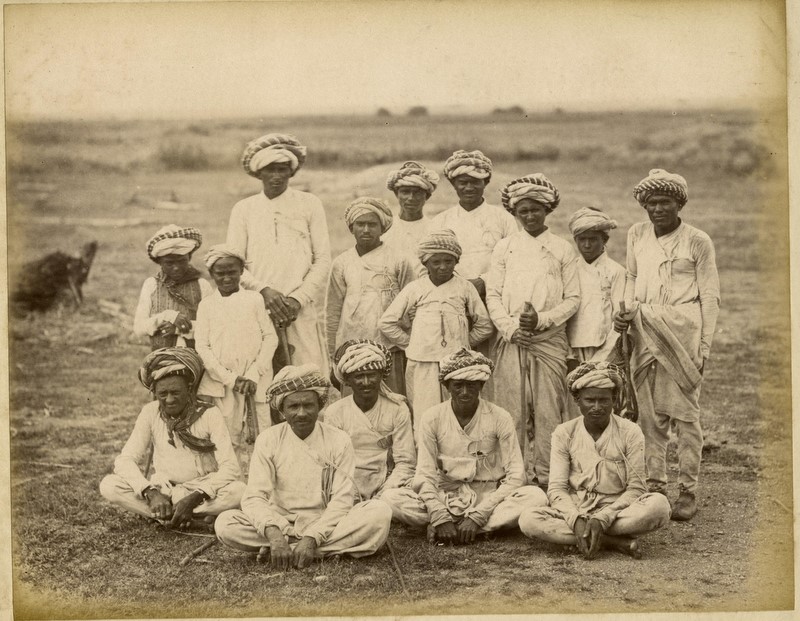



Context: The Kerala High Court order allowing the enrolment of trans-persons in the National Cadet Corps (NCC) is a significant step towards gender inclusion and equality.
Background:
Centre’s Stand:
Kerala High Court’s Stand:
|
National Legal Services Authority v. Union of India:
The Court has directed Centre and State Governments to grant legal recognition of gender identity whether it be male, female or third-gender:
Legal Recognition for Third Gender: The Court recognized that fundamental rights are available to the third gender in the same manner as they are to males and females. Further, non-recognition of third gender in both criminal and civil statutes such as those relating to marriage, adoption, divorce, etc. is discriminatory to the transgender.
Legal Recognition for Persons transitioning within male/female binary: The Court merely states that they prefer to follow the psyche of the person and use the "Psychological Test' as opposed to the 'Biological Test.' They also declare that insisting on Sex Reassignment Surgery (SRS) as a condition for changing one's gender is illegal.
Public Health and Sanitation: Centre and State Governments have been directed to take proper measures to provide medical care to transgenders in hospitals and provide them separate public toilets and other facilities.
Socio-Economic Rights: Centre and State Governments have been asked to provide the community various social welfare schemes and to treat the community as socially and economically backward classes.
Stigma and Public Awareness: These are the broadest directions Centre and State Governments were asked to take steps to create public awareness to better help incorporate transgenders into society and end treatment as untouchables; take measures to regain their respect and place in society; and seriously address the problems such as fear, shame, gender dysphoria, social pressure, depression, suicidal tendencies and social stigma. |
Conclusion:
https://indianexpress.com/article/opinion/editorials/kerala-transpersons-ncc-enrolment-7233167/




© 2026 iasgyan. All right reserved